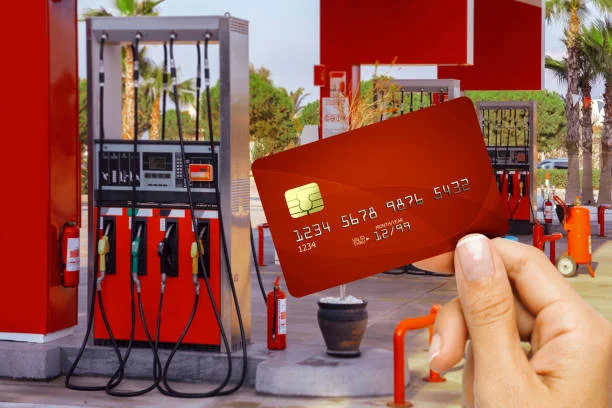Fuel costs hit sole traders harder than most because every dollar saved goes straight to your bottom line rather than getting lost in some corporate budget. Finding the best fuel card for sole trader operations means looking beyond flashy discount percentages to evaluate the complete package—fees, coverage, reporting tools, and whether the savings actually materialize given your specific driving patterns. Too many sole traders sign up for cards based on advertised discounts without reading the terms, only to discover monthly fees or usage requirements that wipe out any benefit. The genuinely best card for your situation depends on where you drive, how much fuel you use, and what administrative features actually help rather than just adding complexity.
Evaluating True Cost After All Fees
Marketing materials love highlighting big discount numbers while burying fees in the terms and conditions. A card advertising 8 cents per litre off looks amazing until you notice the $15 monthly account fee. For someone using 150 litres monthly, that 8-cent discount saves $12 while the fee costs $15—you’re actually losing $3 monthly. Compare that to a card with 4 cents off and no fees, which saves $6 monthly with zero charges. The second option is objectively better despite the smaller advertised discount. Always calculate your actual monthly savings minus all fees and charges to find your real benefit. Cards designed for sole traders typically avoid complex fee structures specifically because individual operators track costs more carefully than corporate accounts.
Learn smarter ways to save every time you fill up—fuel efficiency starts here.
Station Availability in Your Operating Area
The perfect fuel card is useless if there’s nowhere to use it near your regular routes. Sole traders typically work in defined areas—a photographer covering western Melbourne, a courier servicing Brisbane’s south side, a tradesperson working regional Queensland. Map out your typical week and identify which fuel brands have conveniently located stations along your actual routes. A fuel card that works nationwide sounds great but if the nearest participating station is 20 kilometers away, you’ll waste time and fuel accessing the discount. Some smaller fuel card providers have better local coverage in specific regions while major brands offer broader networks. Match the card’s footprint to your geography, not just your industry.
Discount Consistency vs. Promotional Rates
Watch out for bait-and-switch tactics where the advertised discount is a promotional rate lasting three months before dropping to a much lower ongoing rate. The sustainable long-term discount matters more than an introductory offer. A card giving 4 cents off forever beats one offering 10 cents for three months then dropping to 2 cents. You’re making a multi-year decision, so calculate savings based on the permanent rate rather than temporary promotions. Check whether discounts vary based on fuel type—some cards give better rates on premium fuels or diesel, which matters if your vehicle specifically requires or benefits from those options.
Integration with Accounting and Tax Prep
Sole traders wear every business hat, including bookkeeper and tax preparer. A fuel card that creates detailed statements usable for tax deductions saves significant time versus sorting through personal credit card transactions. Look for providers offering downloadable CSV files or direct integration with accounting software like Xero or MYOB. The ability to categorize expenses automatically and have fuel purchases already separated from personal spending is worth something in pure time savings. When you’re billing hourly or project-based, hours spent on bookkeeping are hours not earning income. A fuel card that reduces administrative work pays for itself beyond the per-litre discount.
Customer Service That Doesn’t Ignore Small Accounts
Corporate fuel card providers sometimes treat sole traders as low-priority customers, meaning you’ll wait on hold forever for support or struggle getting responses to queries. Read reviews from other sole traders about their experience with customer service. When your card gets declined at the pump and you’ve got a job to get to, you need someone answering the phone quickly who can solve the problem. Smaller fuel card providers targeting individual operators often deliver better service because they’re not prioritizing thousand-vehicle fleet accounts over your single-card issue. Don’t underestimate the value of actually being able to reach a human when something goes wrong.
Contract Terms and Exit Flexibility
Some fuel cards lock you into long-term contracts with cancellation fees, betting that most people won’t bother switching even if they’re unhappy. For sole traders, flexibility matters because your business situation might change—you could shift to electric vehicles, change service areas, or find a better deal elsewhere. Look for month-to-month arrangements or contracts with reasonable exit terms. Being trapped in a sub-optimal fuel card arrangement for two years because you didn’t read the contract is frustrating and potentially expensive. The best card gives you the option to walk away if it stops meeting your needs.
Continue your journey—this related post reveals what comes next in depth.






